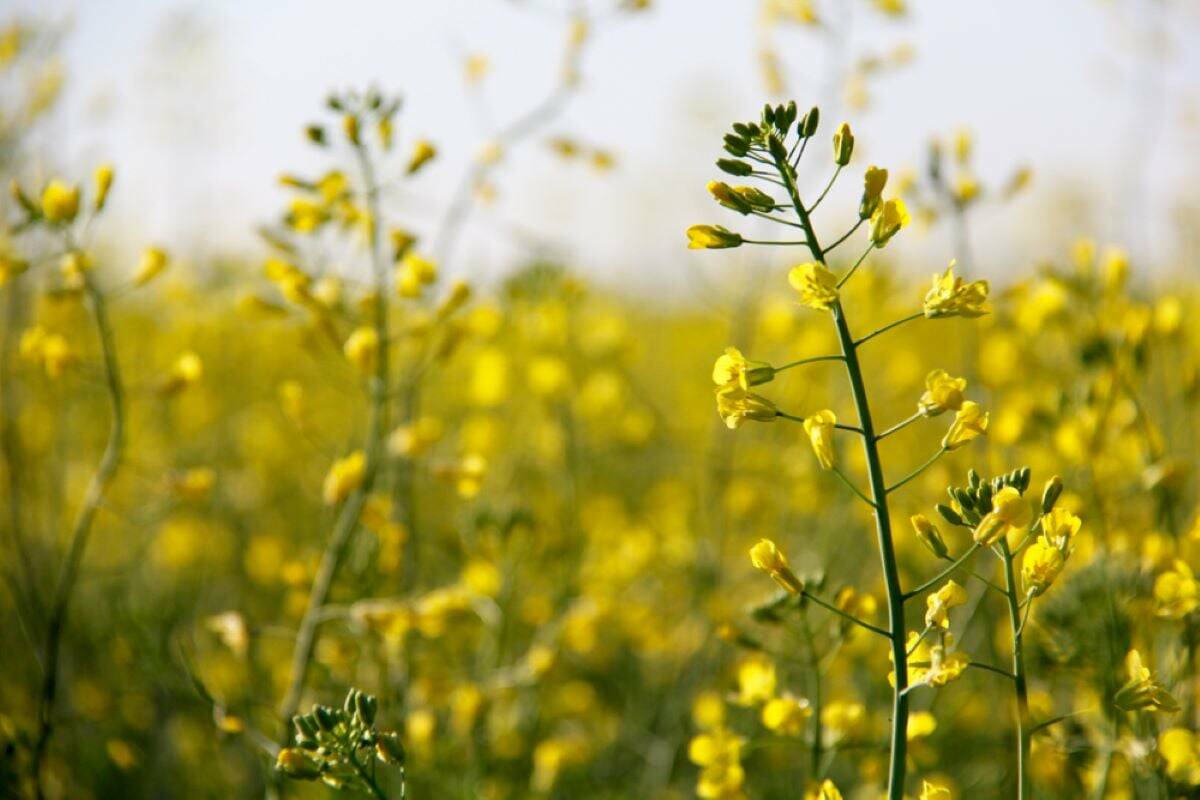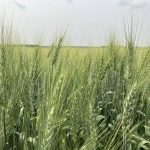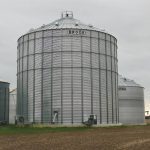Farm leaders, asked about their "innovation needs" for the next decade, want to see their machinery get "smarter" — but not necessarily smart enough to take the wheel.
The Prairie Agricultural Machinery Institute (PAMI) recently released results from a "vision session" with about 30 "agriculture leaders" from across Saskatchewan, representing producer groups, processors and manufacturers.
Among the suggestions topping the list were "smarter machines," featuring a level of robotics allowing for "24/7" harvesting with fewer workers.
Read Also

ICE weekly: China, soy complex lift canola prices
China’s upcoming lifting of tariffs and rising soyoil prices lifted Canadian canola values for the week ended Feb. 4, 2026.
However, the Humboldt, Sask.-based research and development organization said, "participants did not go so far as to endorse entirely driverless machinery."
Participants also suggested "smarter" should take priority over "bigger" in machinery, meaning farm equipment should be made easier to operate and maintain, while "continuing to improve efficiency."
Farmers, they said, should have access to training and "unbiased advice to deal with the increasing complexity of the industry." High-quality and standardized skills training should be made available, they said, for what’s expected to be an "emerging workforce of professional farm machinery operators."
Farm production and practices should also be geared toward "sustainable" practices, the participant said, lowering the environmental impact of farming and ensuring crop varieties are viable, even under changing climatic conditions, for the longer term.
Participants also want to see "smarter crops" — that is, new and improved varieties of high-margin crops, including genetically-engineered crops that "provide for each other." One crop, for example, could be engineered to provide "readily available nutrients or pesticides" for the next crop up in a field’s rotation.
Value chains should also be established in a manner that ensures producers "understand and respond nimbly to what consumers want," participants said.
"Sessions like this are essential to ensure that our research is focused on producing the new technologies farmers want and need," PAMI CEO Dave Gullacher said in the organization’s release.
"This isn’t just a wish-list for the agriculture industry. These research goals will define a major part of the future of Saskatchewan and the world," he said.
We live, Gullacher said, "in an increasingly hungry world where Saskatchewan will bear an ever-larger responsibility as a food producer."
PAMI recently also reviewed the innovations of the past 35 years that have helped build the province’s grain and oilseed industry, and found the "Big Four" to be innovations in air drills, tractors, sprayers and combines.
"We have evolved to the point where we have roughly 26 million tonnes of agricultural products harvested in this province every year, all of which can be traced to the success of these tools," Gullacher said.
To further expand crop production, he said, "we’ve got to develop bigger and more efficient machines although not fundamentally different ones… We are not looking to reinvent the wheel, just to improve it."














